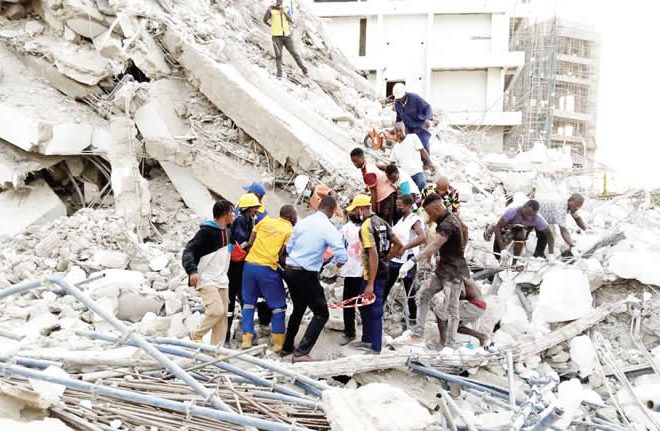
North Korea defies UN sanctions as it fires its 5th intercontinental missile launch

North Korea has fired its most advanced long-range missile, landing west of Hokkaido in Japan, according to South Korean authorities.
The launch, which took place on Monday morning, December 18 at approximately 08:24 local time (00:24 WAT), marks the country’s fifth successful launch of an intercontinental ballistic missile (ICBM) this year.
The missile, identified as a solid-fuel ICBM, reportedly travelled for 73 minutes, covering a distance of about 1,000km (621 miles). Solid-fuel missiles are known for their ability to be fired with less warning, as they do not require fueling before launch.
The launch comes after South Korean and US defence officials met just last week to update plans on responding to a potential nuclear attack from North Korea. In response, Pyongyang had warned of “more offensive countermeasures.”
Additionally, the two countries have agreed to incorporate the use of nuclear weapons in their military exercises next summer, signalling an increased readiness to address the evolving threat posed by North Korea.
The launch follows heightened tensions after North Korea successfully launched a spy satellite into orbit last month, violating UN sanctions. In response, Seoul partially suspended a military agreement with the North, designed to limit military activity along the border and prevent clashes. Subsequently, North Korea withdrew from the agreement and rearmed its soldiers in previously unarmed areas of the Demilitarized Zone.
South Korean national security advisor Kim Tae-hyo had predicted a potential ICBM launch by North Korea in December. The latest missile test reaffirms North Korea’s determination to advance its nuclear capabilities and adds complexity to regional security dynamics.

